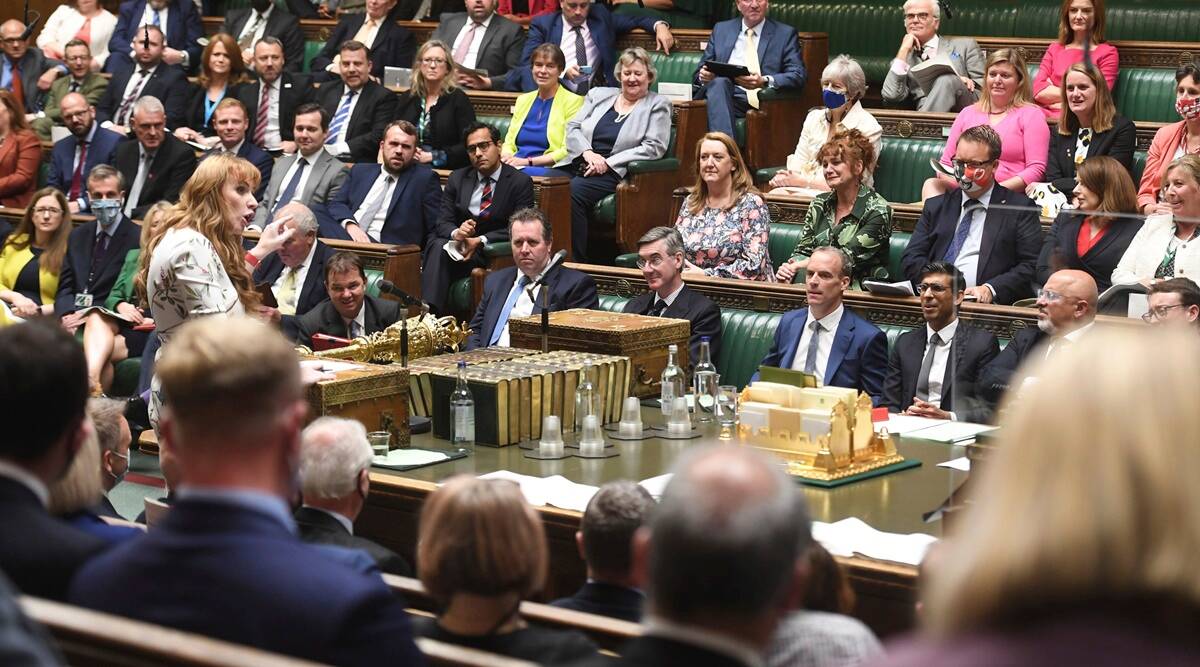Moscow, 21 June 2025: In a grave diplomatic escalation, Russia has issued a stern warning to the United States and Israel, cautioning that any attempt to assassinate Iran’s Supreme Leader Ayatollah Ali Khamenei would trigger “serious and dangerous consequences” not only across the Middle East but also at the global geopolitical level.
The warning, delivered by Kremlin spokesperson Dmitry Peskov, comes amid rising tensions in the Israel-Iran standoff, with growing reports suggesting that Israeli intelligence circles had discussed a possible targeted strike against the 85-year-old Iranian leader—a move reportedly deferred for now by former U.S. President Donald Trump, but not entirely ruled out.
“They will open Pandora’s box,” Peskov said in a strongly worded statement, calling any talk of regime change in Iran “reckless and unacceptable.”
Strategic Alliance in the Crosshairs
Russia’s warning is deeply intertwined with the newly formalized strategic partnership between Moscow and Tehran, signed in January 2025, which encompasses military cooperation, intelligence sharing, and regional economic ties. The pact solidified Iran’s role as a key supplier of drones, missiles, and surveillance tech used by Russian forces in Ukraine—a development that has already strained Western alliances.
“We are witnessing an unprecedented level of pressure and provocation,” said a senior Russian diplomatic official on condition of anonymity. “Targeting Khamenei would be tantamount to declaring war—not only on Iran but on the entire balance of power in the region.”
Trump’s Calculated Ambiguity: “Not Happening — Yet”
While the Israeli plan to eliminate Khamenei was reportedly shared with U.S. officials, former President Donald Trump has so far resisted giving it a green light, though he left the door open in his typically ambiguous style:
“It’s not happening—at least not yet,” Trump reportedly told aides.
Analysts say Trump’s choice of words serves a dual strategic purpose: maintaining pressure on Iran while avoiding immediate escalation during an election year, where foreign policy stability remains a key concern.
Russia’s Red Line
Peskov’s remarks reflect what analysts are calling a clear red line for the Kremlin. Though he stopped short of threatening direct Russian military retaliation, the implication was unmistakable: Iran would not stand alone, and any attack on its leadership would provoke a chain reaction that could drag regional and global powers into open conflict.
“Such a move would ignite extremism, destabilize the Gulf, endanger global oil markets, and pull global powers into a new and uncontrollable confrontation,” Peskov warned.
The Kremlin has long opposed regime change policies backed by the West, citing the collapse of Libya, Iraq, and Syria as examples of Western interventions gone awry, each followed by years of chaos and militant insurgency.
Tehran’s Response: Defiance, Not Fear
While Tehran has yet to officially comment on the Russian warning, Iranian hardline media outlets close to the IRGC have characterized the assassination rumors as “Zionist propaganda” and a test of Iranian resolve. Supreme Leader Khamenei, in recent public addresses, has remained defiant, urging Iran’s regional allies to remain “vigilant and united.”
Insiders within the Iranian establishment suggest that even discussions of targeting Khamenei could be seen as a justification for retaliation, possibly through proxy forces in Iraq, Lebanon, Syria, or Yemen.
Escalation Path: From Words to War?
Experts warn that the situation is dangerously close to spiraling into a broader regional war. With U.S. bases scattered across the Gulf, and Israel already engaged in a shadow war with Iranian proxies, any direct strike on Khamenei could trigger:
-
Mass mobilization of Iran-backed militias across West Asia
-
Closure of the Strait of Hormuz, disrupting global oil supply
-
Cyberattacks targeting Western infrastructure
-
Expansion of Russia’s direct involvement in the Gulf conflict
“This would be worse than Soleimani,” warned a former CIA Middle East analyst, referencing the 2020 U.S. drone strike that killed IRGC General Qasem Soleimani. “Khamenei isn’t just a military figure—he’s the ideological nucleus of the Iranian regime.”
The Larger Picture: Israel, Iran, and a Fractured World Order
Israel, under its current leadership, has repeatedly warned that Iran’s growing influence—particularly through Hezbollah and in Syria—poses an existential threat. With Iran moving closer to nuclear weapon capability, Israeli officials have said that “all options are on the table.”
Meanwhile, Russia’s warning to the West signals that the Middle East is no longer a unilateral playing field for American interests. The Moscow-Tehran-Beijing triangle is emerging as a powerful counterweight, reshaping global alliances and diplomacy.
“We are entering an era of multipolar confrontation,” said a European security analyst. “Russia’s message is clear: destabilizing Iran could collapse the fragile structure of power across the entire region.”
Bottom-Line: A Flashpoint in Waiting
As war rages in Ukraine and tensions rise in the Taiwan Strait, the Middle East once again risks becoming a flashpoint of global rivalry, this time with Russia warning of a point of no return. Moscow’s “Hands Off Khamenei” message isn’t just about Iran—it’s a veiled statement about redrawing geopolitical boundaries, recalibrating global deterrence, and reaffirming the limits of Western interventionism.
How Washington and Tel Aviv respond could determine not just the fate of Iran’s leadership, but the stability of an increasingly polarized world order.


